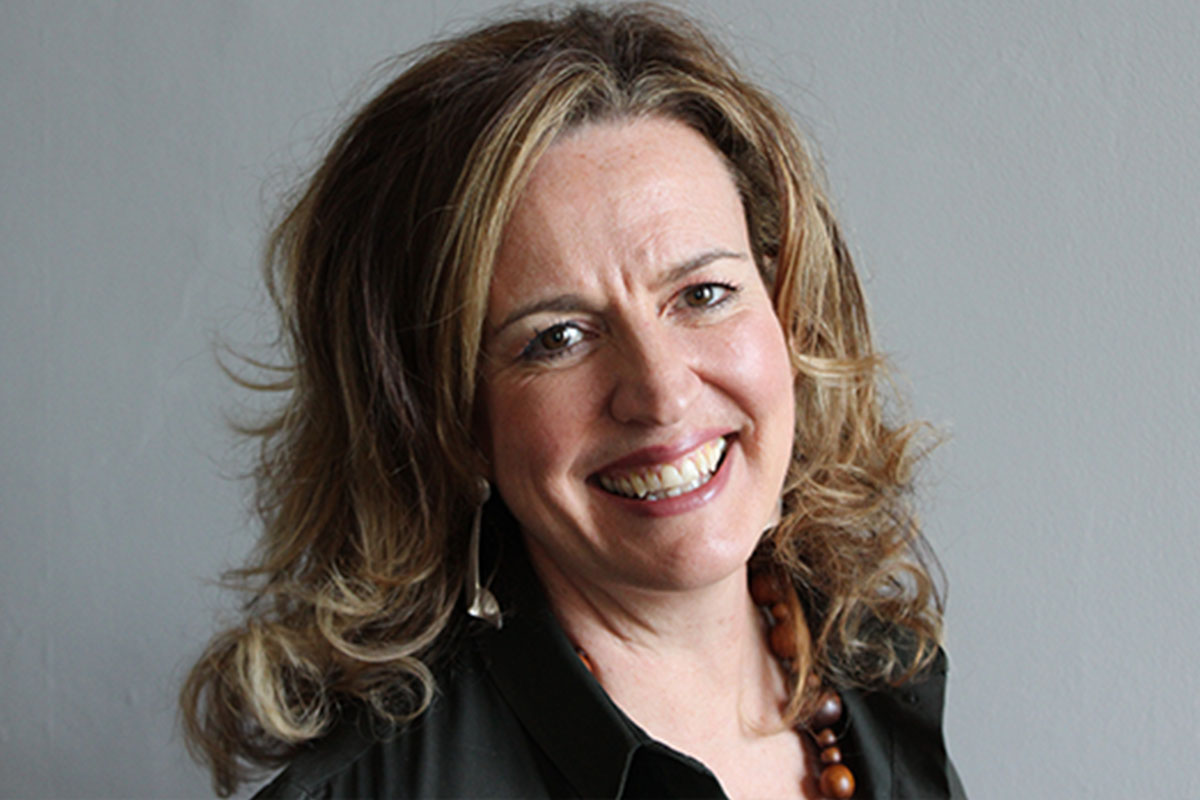
09 Nov 2022
By Alison McRae, Senior Director Glasgow Chamber of Commerce
Over the years I’ve watched António Guterres, United Nations Secretary-General, make compelling appeals on climate. In 2017 he advocated that climate is the ‘defining threat of our time’, and this week stated that we must ‘co-operate or perish’. It doesn’t get more blatant than that. Yet, still, we seem to be grappling with how to realise the bold and ambitious goals we have set to stop the temperature going up more than 1.5 degrees. Rather, who is and isn’t attending COP27 has been of more immediate concern for media attention over the last few weeks.
Prime Minister Rishi Sunak, however, reversed a decision not to go to COP27 and is now calling for a speedier transition to renewable energy.
This move is a critical element of reaching net zero and one which Keith Anderson, CEO of ScottishPower, has been making the case on for some considerable time. Specifically, Anderson’s ask is to address planning systems as it is taking too long to approve new renewable projects which will create thousands of jobs and to give context, one onshore wind project could be built in about a year. These investments would be genuine game-changers in terms of energy costs due to Russia’s invasion in Ukraine, transition to an energy form which is a tenth of the price of fossil fuel-based energy and, comparably importantly this week, it would address the climate debacle.
However, the shift to renewables will not be the sole solution to the climate crisis. Glasgow, alongside our Circular Glasgow initiative, is affiliated with Ellen McArthur Foundation (EMF) and their research shows that switching to renewable energy is only half the story. It is vital and will address 55% of global emissions. To reach net-zero, we also need to change the way we make and use products, materials, and food, and we must consider the implications of the projected increase in global population statistics.
By adopting the principles of the circular economy, we can tackle those emissions associated with industry, agriculture, and land use – that remaining 45%. We know of course that this is not a new ambition – one that is good for business as it will enable innovation from corporates to SMEs and it will also make progress towards a just transition. The question is why aren’t more decision makers and influencers taking this more seriously?
I recently had the privilege of joining the EMF network in Stockholm where 350 representatives from global corporates, academia and influential international organisations joined forces to make progressive moves towards this ambition. The sessions addressed a range of topics including designing organisational structures fit for a circular economy, transitioning from linear to circular supply chains, how city neighbourhoods function, as well as looking at how to decouple revenues from resource use to see fashion making more money without making more clothes. These are the kind of conversations that we need to be having as we address the climate crisis if we are to deliver practical solutions.
Just this week, it was great to see Deborah Meaden endorse a new practical pilot programme, funded by Glasgow City Council, that we are delivering in this area. She was interviewing Lisa Lawson of Dear Green Coffee on the BBC Five Live’s Big Green Money Show on Step Up to Net Zero. The initiative is supporting businesses with paid placements to develop and drive forward action plans to maximise the value of products, services and systems and minimise waste within their business – helping to tackle that 45%.
As Sunak pushes the acceleration to renewables this week in Egypt, it would also be worth considering scaling pilots like Step up to Net Zero across the country, supporting businesses with the resource required to focus on taking action. At a time where there are increasing cost pressures, support is needed more than ever if businesses are to benefit from creating a competitive advantage as they transition to address climate amidst an ever-shifting landscape.
This article was first published in The Herald on Wednesday 9 November 2022